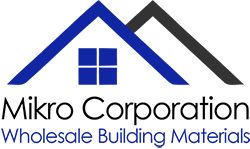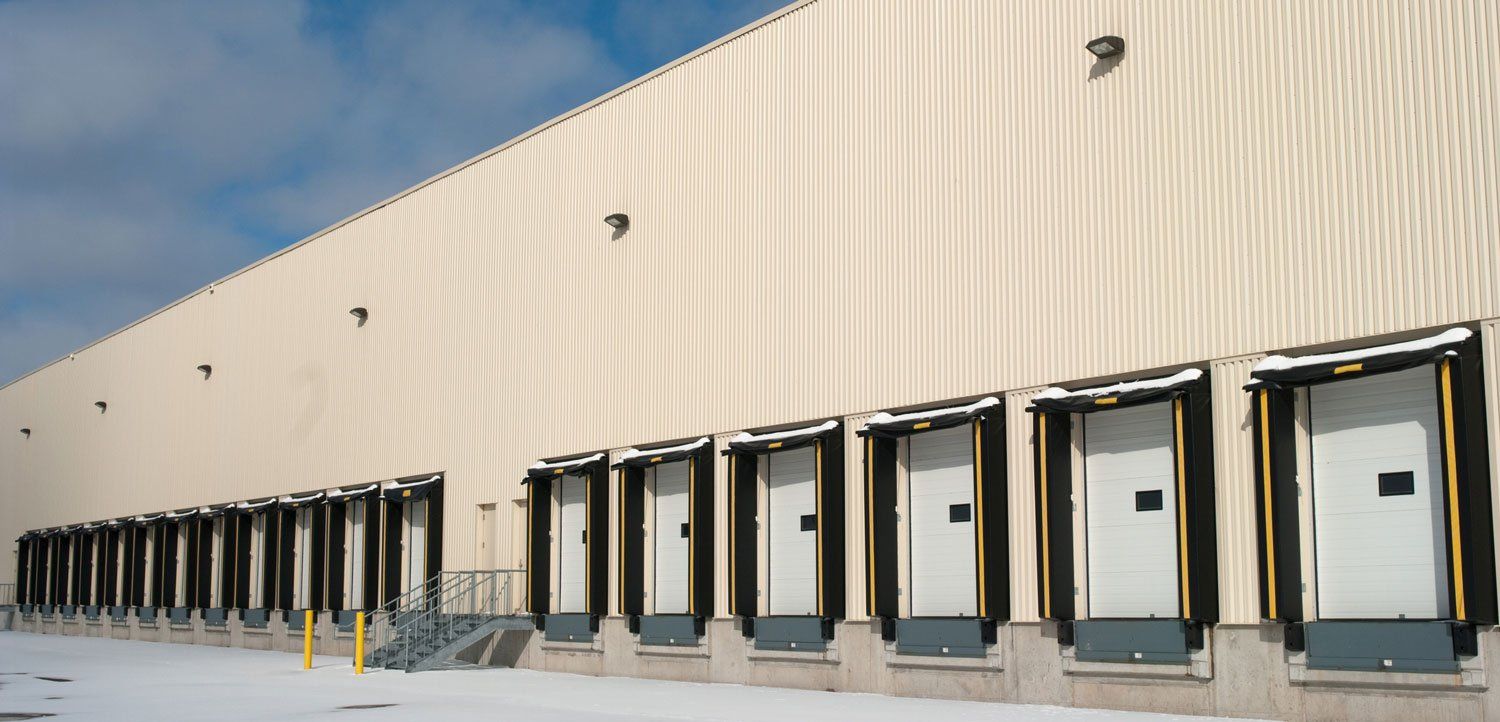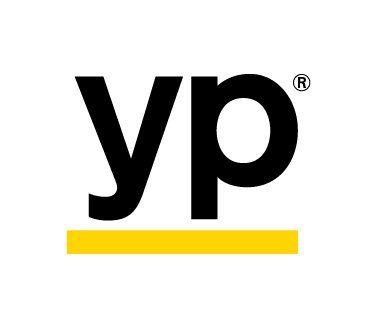How To Maximize Cost Savings When Buying Materials In Bulk
Undertaking a building project can be both exhilarating and overwhelming at the same time. With a plethora of materials to choose from and decisions to make about how best to allocate your budget, it is essential to have a well-thought-out plan in place.
One area where you can save significantly on costs is in buying insulation and finishing materials in bulk. It's important to know exactly how much of a certain building material you need before you put into effect cost-saving strategies. It's strongly suggested that you come up with a materials plan, including a timeline for project completion, before you go shopping for insulation and other types of building materials.
Establish Your Total Material Requirements
Before buying materials in bulk, ensure that you establish your total material requirements. The last thing you want to do is to buy too little, as this will result in additional trips to the store, which can quickly add up in transportation costs. On the other hand, buying too much can be wasteful and lead to unnecessary storage problems. Creating an inventory of all the material requirements based on your building plan will help you determine the appropriate quantity to buy in bulk.
Identify a Supplier
Choosing a supplier is essential when buying insulation and finishing materials in bulk. Your materials supplier can either specialize in one type of material or they can offer material supplies for several types of building projects. A materials supplier should offer bulk quantities that can be purchased in a single transaction, rather than over multiple purchases. Your supplier should also be able to deliver your materials promptly and in the exact quantities ordered.
Plan Your Delivery
When purchasing bulk supplies, try to plan your delivery in advance. You may be able to negotiate a better deal with your supplier if you order materials well in advance of your intended delivery date. Also, be sure to consider the timing of the delivery and the availability of labor, particularly during high-demand seasons.
Scheduling the delivery at the right time will ensure that your materials are stored safely and ready for installation when your contractors or team is ready to start. This saves you money and protects your company's reputation in not having to delay construction projects due to materials arriving later than needed.
Consider the Cost vs. Benefit of Bulk Purchases
Buying materials in bulk can lead to significant cost savings, but it is essential to weigh the pros and cons before making a purchase. For instance, you may save money by buying large quantities of materials, but the upfront cost can be intimidating. Moreover, you must consider the storage cost, transportation cost, and how long these materials will be in storage. While it can be tempting to buy in bulk, consider whether it is the most cost-effective option for your project.
Track Your Expenses
Track your expenses carefully throughout the buying process. Proper record-keeping will help you better understand your cost savings and how they are impacting your bottom line. It is essential to keep track of your expenses during each stage of the project, such as the initial purchase price, delivery costs, freight, and storage costs. Also, keep track of the timing of each payment, as well as the amount paid to ensure that you can balance your budget effectively.
Buying insulation and finishing materials in bulk can be a cost-effective strategy when undertaking a building project. When purchasing materials, you should establish your total material requirements, choose a reputable supplier, plan your delivery, consider the cost vs. benefit of bulk purchases and meticulously track expenses. With careful planning and execution, buying in bulk can lead to significant cost savings, helping you to complete your project at a lower overall cost while maintaining quality workmanship. For your building materials needs, allow our team at Mikro Corpto assist you.













